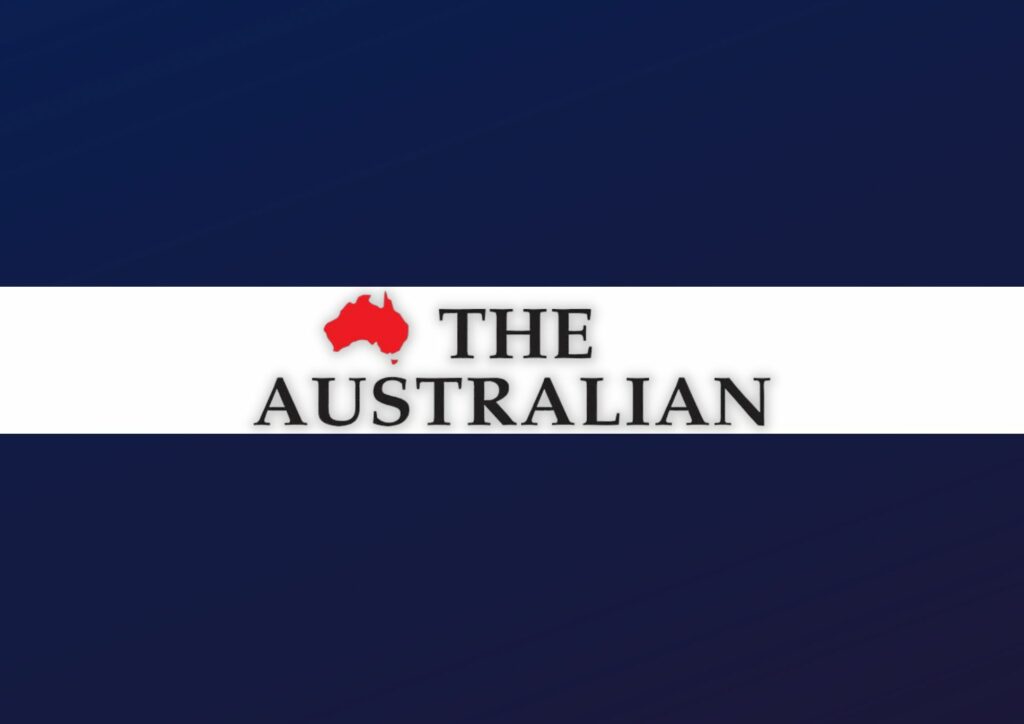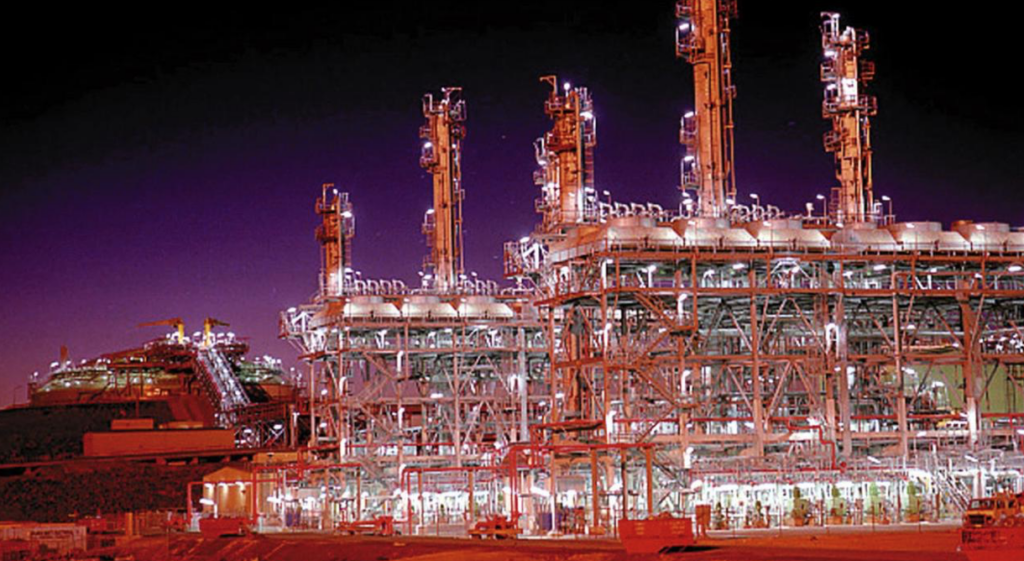
Article by Saul Kavonic courtesy of the Australian.

There has been much public and political focus centred on Australia’s east coast gas market, amid warnings of gas shortages, policy interventions and higher prices.
But it’s over on the west coast where the next gas debate may be brewing.
West Australia’s gas producers, buyers and policymakers could be sleepwalking into their own domestic gas turning point. Just as the market is tightening, nearly all new gas discoveries have been bought up by three prominent Western Australian billionaires, who have their own priorities for the gas.
It is questionable how much gas will be left over to meet the rest of the west’s demand.
This presents a new issue for the new state Premier to navigate.
The west coast gas market now faces structurally tightening fundamentals.
Legacy domestic supply sources, accounting for around half of the market, are depleting. Recent resource downgrades have exacerbated the issue.
Western Australia’s domestic market obligation policy is working, delivering the other half of supply, but is already largely maxed out.
Meanwhile, we estimate demand could increase by up to around 20 per cent, driven by growth in mining activity and plans to phase out coal by 2030.
Demand could grow even more strongly as new critical mineral supply chains are developed. Declining supply amid growing demand, from an already tight starting point, can only mean one of two things: either new gas supply is developed, or prices will continue to rise.
Over the past couple years, contract prices have already more than doubled into the $8-10/GJ range.
Western Australia hasn’t seen price levels this high since a little over a decade ago. Back then, contract prices rose to exceed LNG prices in order to bring new needed supply on line. Unfortunately, no new viable offshore gas has been discovered since then, so even higher price levels may now be needed to bring about the next wave of needed gas supply.
LNG netback-driven prices could become a reality soon on the west coast, just as they have become an influence on the east coast.
The one saviour for west coast gas supply could have been the more recent onshore gas discoveries in the Perth Basin, which have proven very low cost.
But nearly all new gas discoveries in the Perth Basin have now been bought up by three prominent West Australian companies.
In the past six months Gina Rinehart’s Hancock Prospecting has bought into the West Erregulla discovery via taking over Warrego, while Chris Ellison’s Mineral Resources has consolidated the Lockyer Deep discovery by acquiring Norwest, in addition to Kerry Stokes’ backed Beach acquiring the Waitsia discovery alongside other surrounding acreage several years ago.
These new entrants who have secured much of Perth Basin’s gas are different from traditional gas producers. They have diverse interests including as gas users.
They are more likely to prioritise the use of their newly acquired gas resources for their own operations (and export).
It may prove a savvy upstream integration strategy to provide their mining and downstream divisions a decisive energy advantage, versus competitors who may be left struggling to secure gas supply at prices that will allow them to compete.
In a market where over 80 per cent of supply and demand is held by under 10 key companies, securing a long-term cheaper gas supply source can make all the difference to one’s competitive position.
The competition regulator, the ACCC, has been rather active in the east coast gas market of late, mostly achieving some unintended consequences.
But the ACCC has been largely absent from scrutinising the west coast market, where it has allowed M&A deals through despite the market arguably facing even more acute concentration issues than in the east.
Consolidation of the Perth Basin may continue, with Strike Energy being the only independent material player left standing for the time being.
The regulator may need to focus on the west coast gas market more closely, through it’s more traditional M&A approvals lens, before what’s left of the Perth Basin is locked up by a small group of new market entrants: entrants who may have priorities for their gas that aren’t necessarily aligned with the more typical gas producer who is motivated to sell to a broader range of customers on a competitive basis.
WA Premier Roger Cook is sworn in by WA Governor-General Chris Dawson. Picture: Philip Gostelow
The entire situation could be a lot better off if investment in exploration hadn’t collapsed since 2014, so gas buyers had more options to choose from today.
It’s a timely reminder that investment in exploration for gas remains important both to enable the phase out of coal and support the supply of minerals needed to deliver the decarbonisation of the global economy and provide geopolitical security in supply chains.
We believe West Australia’s new Premier, Roger Cook, will have to bring a tactful strategy to bear if he is to balance the essential need to encourage investment in gas, for both domestic and export use, with inevitable calls to intervene to try to suppress prices, alongside other stakeholder interests including from new market entrants along the value chain.
One thing is clear. Western Australia often prefers to do things differently to the east coast, and adopting a different tack to the east coast’s gas policy developments of late would be a welcome course for the health and sustainability of all in the market.















